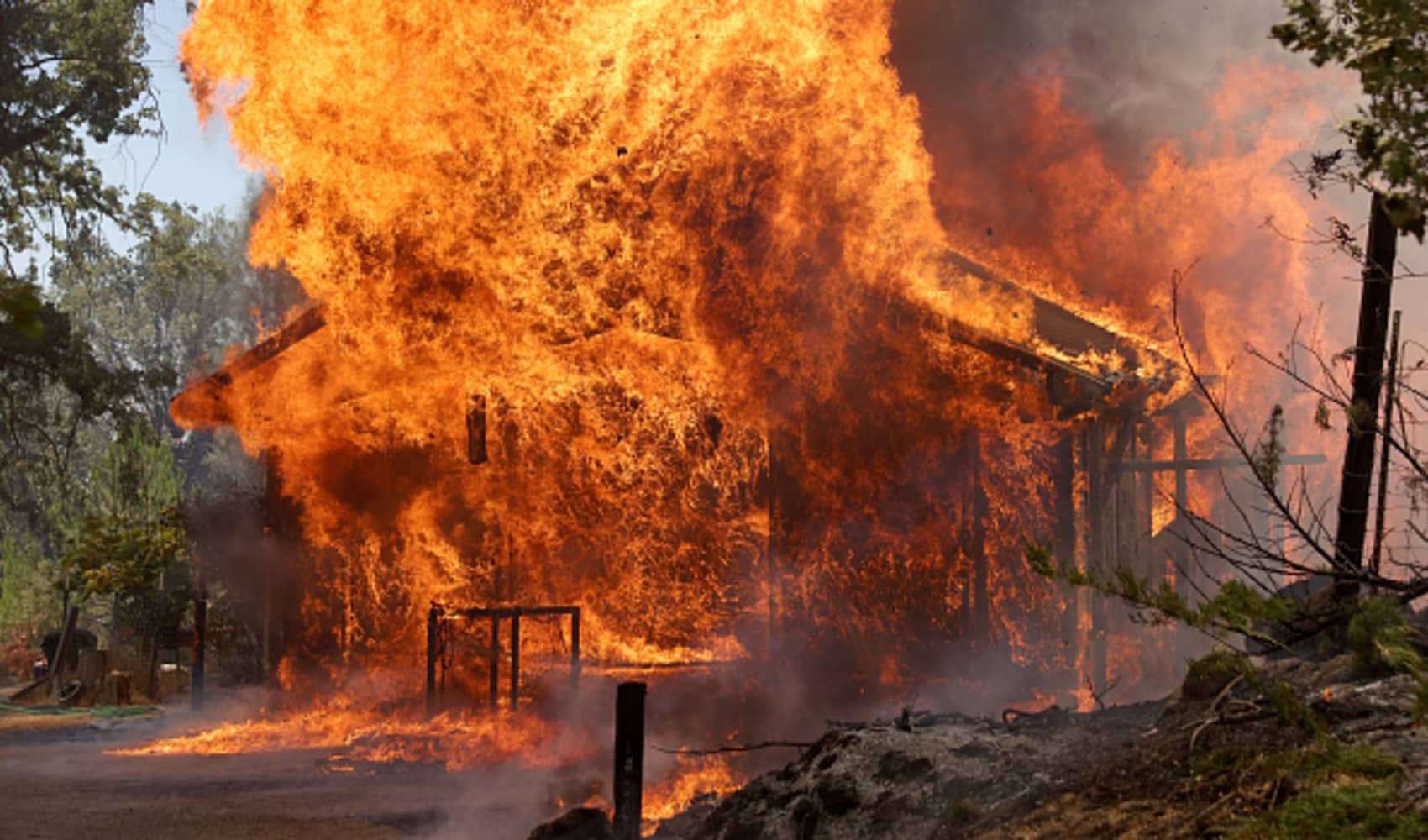California's largest homeowner's insurance provider has indicated where it will not be renewing policies.
Several Southern California communities are affected by the move from State Farm. According to a document provided by the California Department of Insurance, those areas include several West Los Angeles neighborhoods and some in or near the Santa Mountains, such as Bel-Air, Pacific Palisades and Woodland Hills in the San Fernando Valley.
Scroll down to see the complete list of ZIP codes affected.
Get top local stories in Southern California delivered to you every morning. Sign up for NBC LA's News Headlines newsletter.
The move affects thousands of Californians. The highest number of non-renewals for one ZIP code in the state is 1,703 policies in Orinda's 94563 ZIP code. That's 55 percent of the Bay Area city's homeowners policies.
Last month, State Farm issued a written statement explaining its decision to no longer write new policies for new California homes and to end coverage for about 50,000 existing California customers.
"This decision was not made lightly, and only after careful analysis of State Farm's financial health, which continues to be impacted by inflation, catastrophe exposure, reinsurance costs and the limitations of working within decades-old insurance regulations," the statement read.
Homeowners who live in areas at high risk of catastrophes like wildfires will have to buy into the California FAIR plan subsidized by the state. It’s expensive and offers only fire coverage.
Last month, a nonprofit research group said insurers have been losing money due to California premium limits and that for every $1 insurance companies receive in premiums in the state, a $1.08 is spent on paying out claims, primarily due to wildfires.
The Insurance Information Institute says the California Department of Insurance is updating regulations that could bring more policy options at competitive prices back to the state.
"To allow insurers to better manage risk, that would mean being able to charge what is commonly known as actuarially-sound rates – something that is not occurring today," said Mark Friedlander of the Insurance Information Institute.
Friedlander says it could take a few years for the California homeowner's insurance industry to stabilize even after the new laws are enacted.
NBCLA's Jonathan Lloyd contributed to this report.



